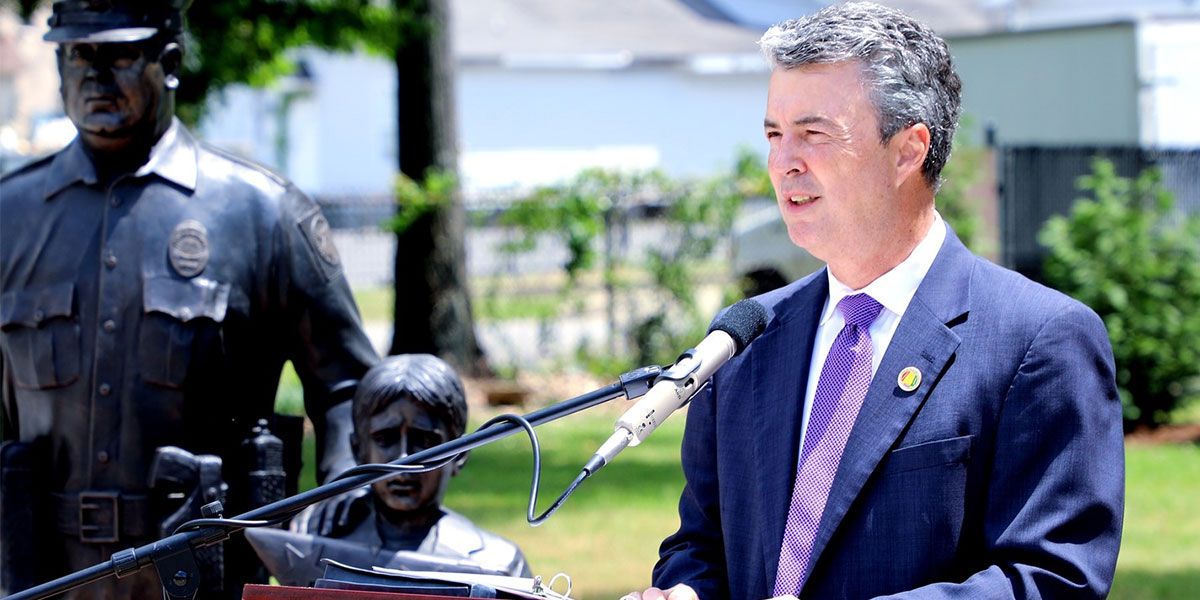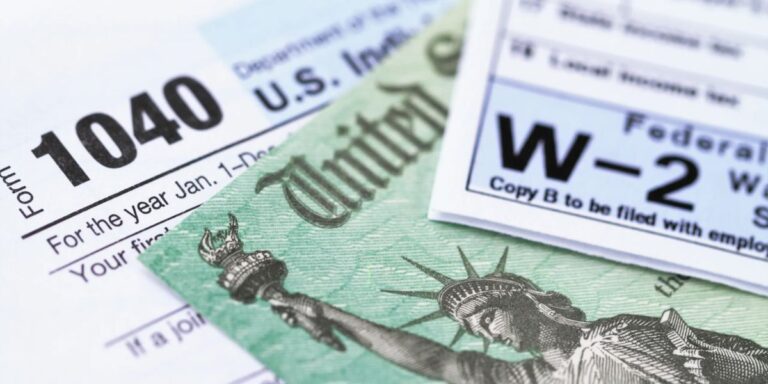Last week, Alabama Attorney General Steve Marshall won a major court victory. The Biden Administration’s contentious emissions standards, which were enforced by the Federal Highway Administration (FHWA), were defeated.
After a long court struggle spearheaded by a coalition of 21 states, the laws that aimed to impose decreasing emissions standards for automobiles on federal interstates and highways were overturned.
Alabama joined the group, which was led by Kentucky, in 2023 to contest the FHWA rule. The law was intended to lower car emissions by mandating that states establish and achieve certain goals.
Critics claimed that this was an overextension of federal power and an effort to promote a politicized environmental agenda.
According to estimates, it would have taken hundreds of hours of labor and cost each state over $600,000 to set up initial emissions objectives in order to comply with the rule.
The legal fight culminated in April 2024 when a federal judge in the U.S. District Court for the Western District of Kentucky deemed the FHWA regulation invalid.
The Biden Administration took the case to the U.S. Court of Appeals for the Sixth Circuit to appeal the ruling.
However, after the administration changed, President Donald Trump decided to withdraw the federal government’s support for the rule, which led the FHWA to voluntarily drop the appeal.
This action permitted the district court’s verdict to remain in effect, which effectively brought the rule to an end.
“The people of Alabama—and Americans across the country—have the right to choose the vehicles that best suit their needs, free from the heavy hand of Washington bureaucrats,” Attorney General Marshall stated. “The Biden Administration’s attempt to force an extreme environmental agenda on hardworking Americans was not just unlawful—it was an affront to our freedoms. Thanks to our fight in court and President Trump’s leadership, this misguided EV mandate is now dead. This victory ensures that states, not the federal government, remain in the driver’s seat when it comes to transportation policy.”
Attorneys general from 20 other states, including Alaska, Arkansas, Florida, Idaho, Indiana, Iowa, Kansas, Kentucky, Mississippi, Montana, Nebraska, North Dakota, Ohio, Oklahoma, South Carolina, South Dakota, Utah, Virginia, West Virginia, and Wyoming, supported the lawsuit against the FHWA rule.
Outrage Over LA Wildfire Czar’s $500K Paycheck for 90 Days of Work Leads to Mayor’s Reversal
Attorneys general from 20 other states, including Alaska, Arkansas, Florida, Idaho, Indiana, Iowa, Kansas, Kentucky, Mississippi, Montana, Nebraska, North Dakota, Ohio, Oklahoma, South Carolina, South Dakota, Utah, Virginia, West Virginia, and Wyoming, supported the lawsuit against the FHWA rule.
The coalition contended that the law placed excessive financial and administrative demands on states and violated their right to govern transportation plans.
UnitedHealthcare Faces $3.4M Penalty for Unfair Billing Practices in North Carolina
The Biden Administration had presented the rule as an important measure for lowering greenhouse gas emissions and fighting climate change.
On the other hand, opponents said that it would have had a disproportionate effect on rural and low-income communities, where electric cars (EVs) and other forms of transportation are less available.







Leave a Comment